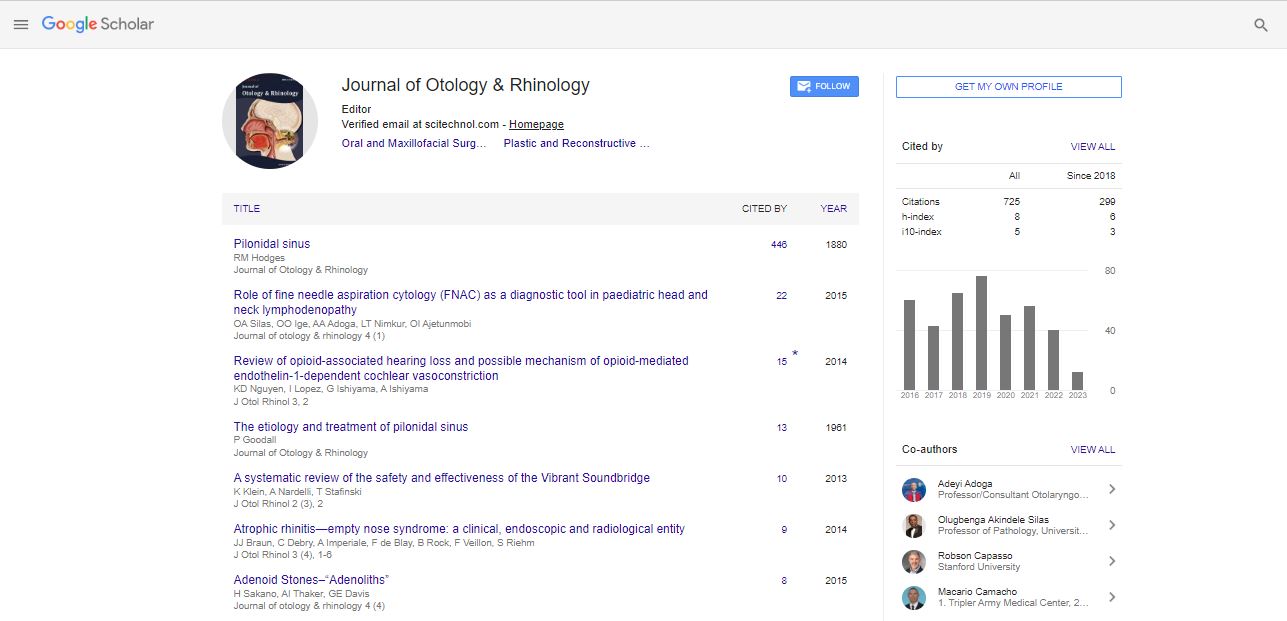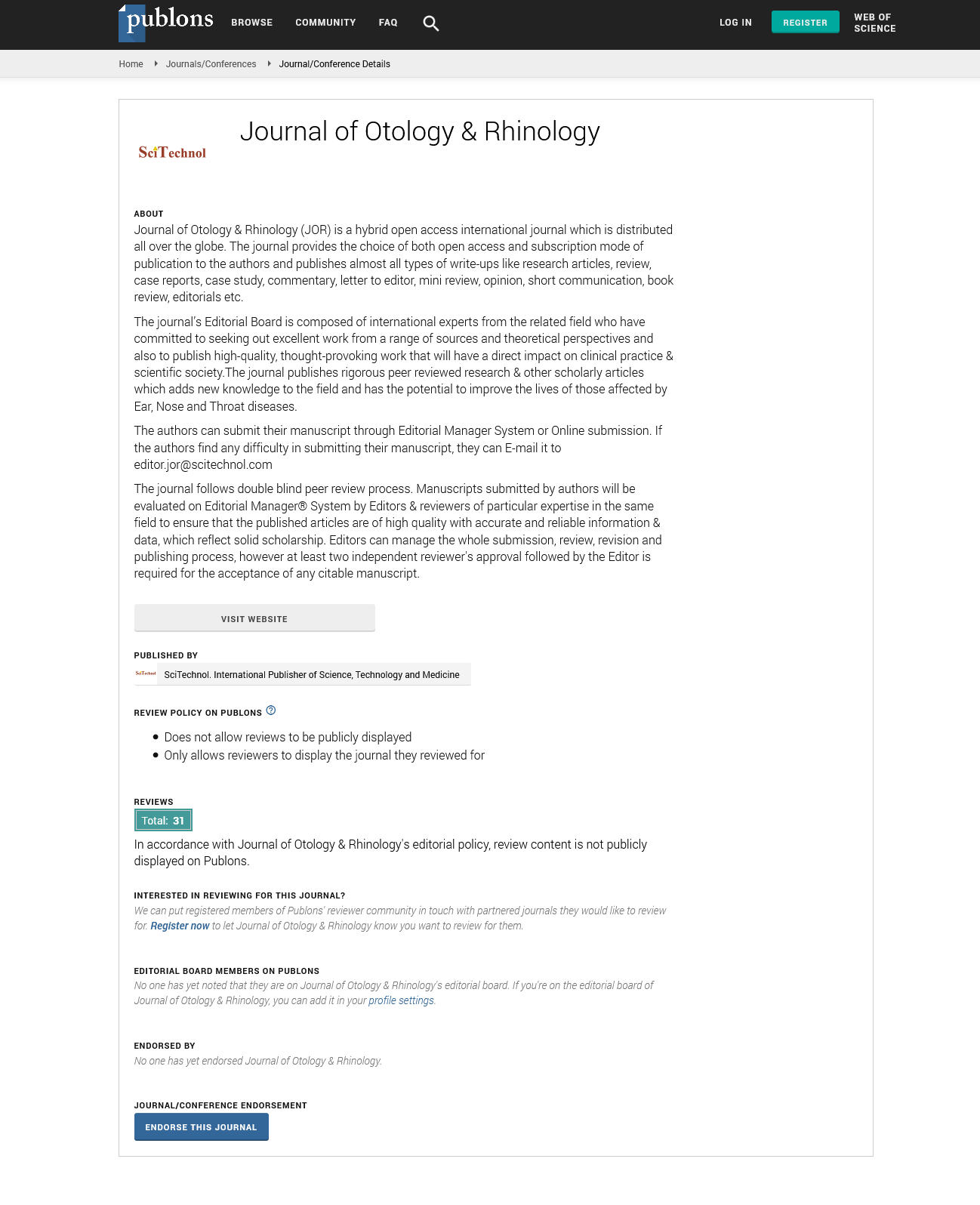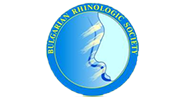Research Article, J Otol Rhinol Vol: 7 Issue: 4
Educational Benefits for Local Healthcare Providers Participating in a Short-Term International Humanitarian Medical Training Program
Rooney AC1*, Sonya Malekzadeh1, Richard Wagner2 and Michael Hoa3
1Georgetown University School of Medicine, 3900 Reservoir Rd. NW, Washington, DC, USA
2Global ENT Outreach, Coupeville, Washington, USA
3Department of Otolaryngology-Head and Neck Surgery, MedStar Georgetown University Hospital, 3800 Reservoir Rd NW, Washington, DC, USA
*Corresponding Author : Alexandra C Rooney
Georgetown University School of Medicine, 3900 Reservoir Rd. NW, Washington, DC 20007, USA
Tel: (202) 444-8186
E-mail: acr88@georgetown.edu
Received: March 12, 2018 Accepted: March 16, 2018 Published: March 23, 2018
Citation: Rooney AC, Malekzadeh S, Wagner R, Hoa M (2018) Educational Benefits for Local Healthcare Providers Participating in a Short-Term International Humanitarian Medical Training Program. J Otol Rhinol 7:4. doi: 10.4172/2324-8785.1000352
Abstract
Objective: To determine educational benefits for physicians abroad who participated in a United States-based medical mission training program in otologic pathology and surgery. Methods: The sample population included physicians from Peru and Paraguay who participated as trainees in a humanitarian program through the Global ENT Outreach organization. A written survey was distributed to 12 Peruvian participants after a temporal bone course in which surgical anatomy and operative procedures of the ear were taught. The survey was also emailed to 164 physicians who participated in the same temporal bone course in Peru and Paraguay in years past. The Kirkpatrick model for evaluating a training program was used as a guide for survey development. Participants rated their satisfaction with the training as well as knowledge, technical skill, and confidence in performing certain surgical procedures before versus after the training course. Descriptive statistics, the Wilcoxon rank-sum test, and the Wilcoxon- Mann-Whitney test were used for data analysis. Results: Overall, participants were highly satisfied with the quality of the training, with mean satisfaction rating of 4.2 ± 0.77 and would like the organization to return for further training (4.7 ± 0.57). Participants also agreed that they have changed or will change how they perform surgery after taking the course (4.2 ± 0.83). There was a statistically significant increase in self-rated knowledge of mastoid anatomy, middle ear anatomy, chronic otitis media, otosclerosis, and cholesteatoma (p<0.0001). There was also improved selfrated technical skill and confidence in performing tympanoplasty, mastoidectomy, stapedectomy, and ossiculoplasty procedures (p<0.0001). Conclusions: This study highlights positive opinions of communities abroad regarding a visiting humanitarian medical training program, and also suggests achievement of the program’s initial goals of improving knowledge of otologic pathology and increasing technical skill and confidence in performing various surgical procedures
 Spanish
Spanish  Chinese
Chinese  Russian
Russian  German
German  French
French  Japanese
Japanese  Portuguese
Portuguese  Hindi
Hindi 


